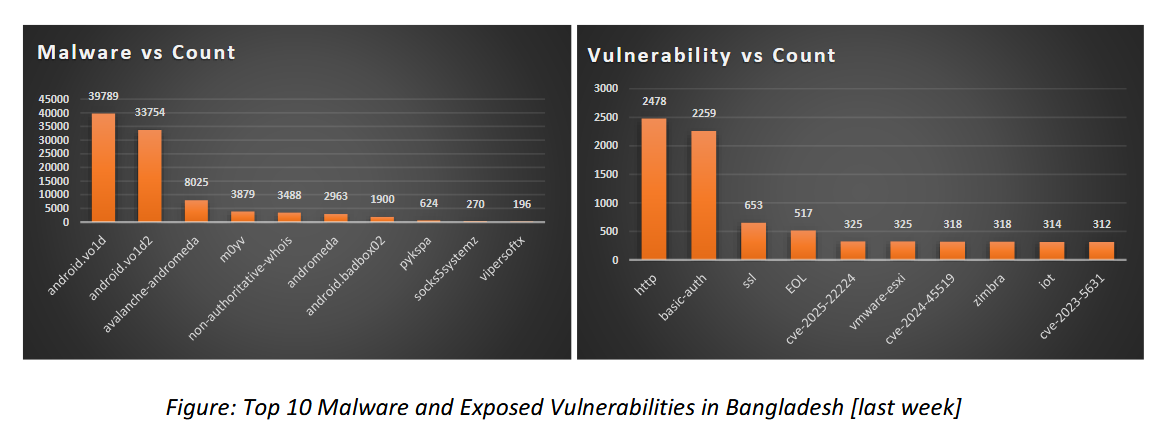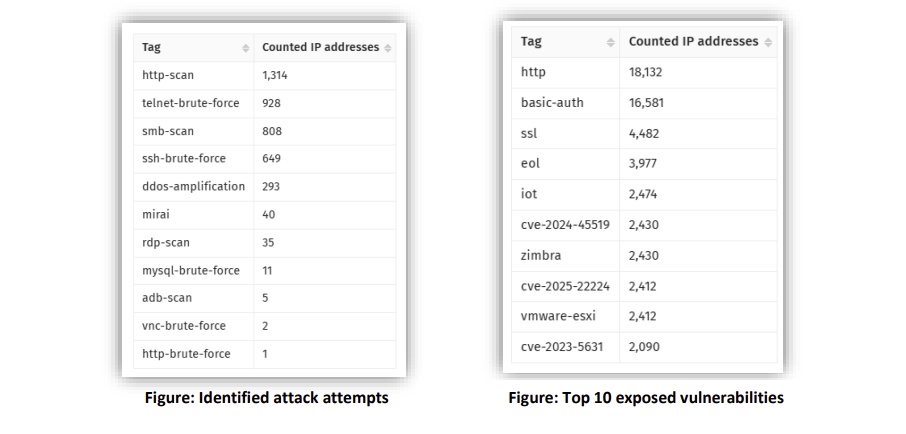Multiple Vulnerabilities in Rockwell Automation ISaGRAF5 Runtime Could Allow for Remote Code Execution
by CIRT Team
DESCRIPTION:
Multiple vulnerabilities have been discovered in Rockwell Automation
ISaGRAF5 Runtime, the most severe of which could allow for remote code
execution. These affected Industrial Control System (ICS) products are
used across several sectors, including chemical, critical manufacturing,
food and agriculture, water and wastewater systems and others.
Successful exploitation of the most severe of these vulnerabilities
could allow an attacker to perform remote code execution on the affected
device.
IMPACT:
Multiple vulnerabilities have been discovered in Rockwell Automation
ISaGRAF5 Runtime which could allow for remote code execution. Details of
these vulnerabilities are as follows:
* Some commands used by the ISaGRAF eXchange Layer (IXL) protocol
perform various file operations in the file system. Since the parameter
pointing to the file name is not checked for reserved characters, it is
possible for a remote, unauthenticated attacker to traverse an
application’s directory, which could lead to remote code execution.
(CVE-2020-25176)
* ISaGRAF Runtime stores the password in plaintext in a file that is in
the same directory as the executable file. ISaGRAF Runtime reads the
file and saves the data in a variable without any additional
modification. A local, unauthenticated attacker could compromise the
user passwords, resulting in information disclosure. (CVE-2020-25184)
* ISaGRAF Workbench communicates with ISaGRAF Runtime using TCP/IP. This
communication protocol provides various file system operations, as well
as the uploading of applications. Data is transferred over this protocol
unencrypted, which could allow a remote unauthenticated attacker to
upload, read, and delete files. (CVE-2020-25178)
* ISaGRAF Runtime searches for and loads DLLs as dynamic libraries.
Uncontrolled loading of dynamic libraries could allow a local,
unauthenticated attacker to execute arbitrary code. This vulnerability
only affects ISaGRAF Runtime when running on Microsoft Windows systems.
(CVE-2020-25182)
* ISaGRAF Runtime includes the functionality of setting a password that
is required to execute privileged commands. The password value passed to
ISaGRAF Runtime is the result of encryption performed with a fixed key
value using the Tiny Encryption Algorithm (TEA) on an entered or saved
password. A remote, unauthenticated attacker could pass their own
encrypted password to the ISaGRAF 5 Runtime, which may result in
information disclosure on the device. (CVE-2020-25180)
Successful exploitation of the most severe of these vulnerabilities
could allow for remote code execution. Depending on the privileges
associated with the user, an attacker could then install programs; view,
change, or delete data; or create new accounts with full user rights.
Users whose accounts are configured to have fewer user rights on the
system could be less impacted than those who operate with administrative
user rights
SYSTEM AFFECTED:
* AADvance Controller version 1.40 and earlier
* ISaGRAF Free Runtime in ISaGRAF6 Workbench Version 6.6.8 and earlier
* Micro800 family, all versions
* GE Steam Power’s ALSPA S6 MFC3000 and MFC1000 (all versions)
* Xylem MultiSmart Gen-1 devices and MultiSmart Gen-2 devices running
firmware prior to Version 3.2.0 (If ISaGRAF is enabled on those devices)
RECOMMENDATIONS:
We recommend the following actions be taken:
* Apply appropriate patches provided by Rockwell Automation to
vulnerable systems immediately after appropriate testing.
* Isolate control systems from other networks when possible.
* Minimize network exposure for all control system devices.
* Remind users not to download, accept or execute files from untrusted
and unknown sources.
* Remind users not to visit untrusted websites or follow links provided
by untrusted or unknown sources.
* Evaluate read, write, and execute permissions on all newly installed
software.
* Apply the Principle of Least Privilege to all systems and services.
REFERENCES:
https://us-cert.cisa.gov/ics/advisories/icsa-20-280-01
https://cve.mitre.org/cgi-bin/cvename.cgi?name=CVE-2020-25176
https://cve.mitre.org/cgi-bin/cvename.cgi?name=CVE-2020-25178
https://cve.mitre.org/cgi-bin/cvename.cgi?name=CVE-2020-25180
https://cve.mitre.org/cgi-bin/cvename.cgi?name=CVE-2020-25182
https://cve.mitre.org/cgi-bin/cvename.cgi?name=CVE-2020-25184











